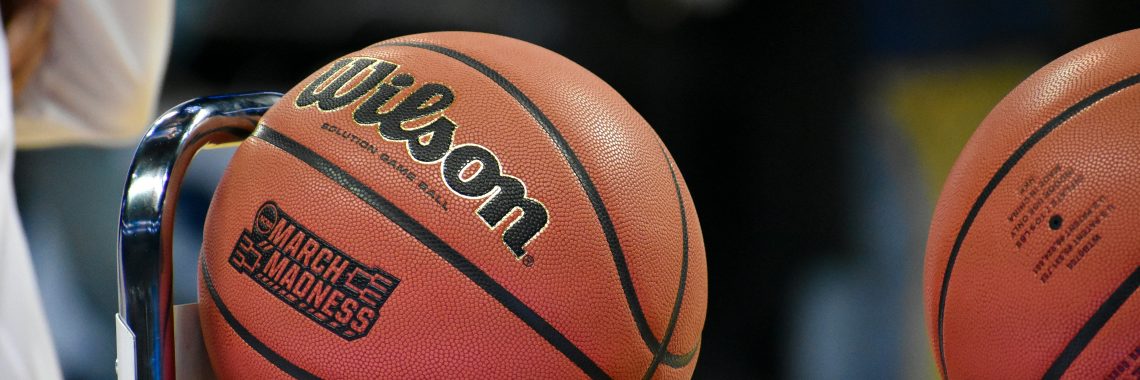Revisiting How Sports Betting Hurts Young Adults

There is evidence that mobile sports betting apps may use the same addictive technology as other tech platforms to hook people on gambling.
Young people are particularly vulnerable. Research shows that gambling is more addictive for college-aged individuals. Player prop bets let college students to engage in “micro-betting,” a more repetitive — and therefore more addictive — form of sports betting.
Twenty-year-old males account for approximately 40% of calls to gambling addiction hotlines, and upwards of 20 million men are in debt or have been in debt as a result of sports betting.
The numbers in Arkansas are alarming. The Arkansas Democrat-Gazette reports that Arkansans wagered a staggering $655 million on sports betting last year. State tax revenue data shows that more than 90% of sports wagers are now placed through mobile apps.
Mobile betting has caused a wave of financial misery. One writer at The Atlantic described the impact as “a wave of financial and familial misery” for households that are least able to afford it. A UCLA study found that states with online sportsbooks saw credit scores decline three times as much as states with only physical betting locations.
Internet searches for gambling addiction help have skyrocketed. Researchers found a 35% increase in searches for gambling addiction terms in Illinois and a 37% increase in Michigan following the legalization of mobile sportsbooks.
Arkansas families are seeing the consequences. In 2024, the Arkansas Problem Gambling Council announced a 22% increase in calls for help with problem gambling — driven largely by sports betting.
Arkansas families need to understand that mobile sports betting isn’t harmless entertainment — it’s predatory technology that fosters addiction and hurts families and communities.
Articles appearing on this website are written with the aid of Family Council’s researchers and writers.





